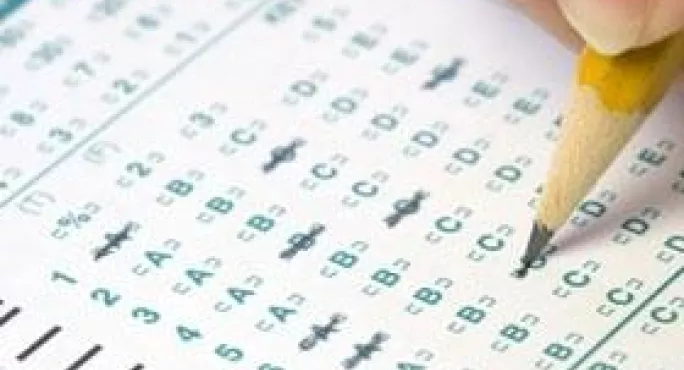The international Baccalaureate is to have its university admissions points downgraded from next year. The change is in recognition that the new extended A-levels will be harder than their predecessors.
The decision by a panel of higher education experts and senior examiners represents an important credibility boost for the A-level, which has come under increasing attack.
This week, Anthony Seldon, head of Wellington College, the prestigious independent school in Berkshire, said A-levels should be “swept away in favour of exams like the IB”.
Michael Gove, the shadow education secretary, has also highlighted fears about A-level grade inflation and praised the IB for avoiding the problem.
But when considering changes introduced to A-levels this academic year, the panel advising Ucas decided on a comparative drop in Ucas points for the IB.
A Ucas spokesperson said: “The new A-level has more stretch and challenge. It has changed in terms of requiring more extended writing in certain subjects, and the introduction in certain subjects of less structured questions.”
The IB has recently enjoyed a dramatic surge in popularity. Some 140 schools are now accredited to offer it in the UK, around 60 of them in the independent sector.
As the benchmark qualification in the Ucas tariff system, the points given for each A-level grade remain constant. So the acknowledgement that the exam has become harder means the IB will receive fewer Ucas points at all levels.
From 2010, pupils with 30 IB points will have a Ucas tariff of 392 instead of 419. Those gaining a rare maximum 45 IB points will get 720 points instead of 768.
A-level tariffs will be unchanged, with three A grades worth 360 Ucas points and a single A* grade worth 140.
Geoff Lucas, secretary of the Headmasters’ and Headmistresses’ Conference, representing 250 leading private schools, said he had lobbied for the IB changes.
“We reckoned it (the current tariff) gave too much volume to the IB and wasn’t really a fair comparison with other qualifications,” he said. Schools offering the IB would privately agree, he claimed.
Ian Andain, head of Broadgreen International School, a state secondary in Liverpool that has offered the IB since 1992, said he was “comfortable” with the new tariff, which he did not think would make much difference to students’ university chances.
An IB enthusiast, he admitted the current tariff was “very generous”. He said he was pleased the new tariffs would, for the first time, give pupils who had not passed the full IB diploma Ucas points for the subjects they did complete.
The new tariff may fuel existing concerns among ex-pats that their children could lose out in the race for top English university places because their schools opted for the IB.
In Hong Kong, fears have been sparked by a switch away from A-levels in four secondaries. Parents say pupils have been receiving university offers of 38 IB points, the equivalent of five A-grade A-levels under the current tariff.
The Conservatives have promised to make it easier for state schools in England to offer the IB. Speaking last term, Mr Gove said: “The IB is managed beyond the reach of politicians. It cannot be devalued by ministers anxious to manipulate the figures to flatter their record.”




